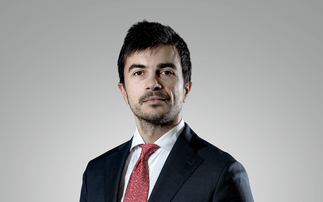PARTNER INSIGHT: Leigh Himsworth, portfolio manager of the Fidelity UK Opportunities Fund, assesses whether it is a mistake to read too much into the high street's recent weakness.
Headlines regarding the health of the high street have been a dominant staple in newspapers in recent months, and investors would be forgiven for believing the consumer seems to have taken their bat home and is not spending.
Yet I think this statement is hugely wide of the mark. The malaise on the high street being seen at the moment and poor results from restaurants should not be interpreted as signs of a weak consumer; rather it should be considered as structural over-supply in specific sectors.
Let me give you some examples that may strike close to many of your hearts. How many of you, especially those with children, have found that home telecoms and entertainment bills have gone through the roof? Today, subscriptions to Sky, Netflix, and Amazon Prime are the norm, in addition to individual mobile phones and various app subscriptions (notably music in our household - with shocking taste in my wife and son's case).
Once these changes are put into context, it is possible to understand just how much consumer lifestyles have changed from 10 years ago without realisation. It also allows us to better understand that the UK consumer's disposable income has not collapsed, it is simply going to different places than it may have done previously.
If we look at the numbers, confidence among consumers looks normal and in line with a relatively robust economy. Wages are now finally running marginally ahead of core inflation. Consumer credit shows a similar picture - that of boring normality rather than one of panic and gloom that the media would have us all believe.
As investors, it is imperative to see such change and to determine firstly whether it is a simply cyclical or a more seismic structural shock.
To read the full article click here and learn more about why the death of the High Street does not represent the end of the UK consumer as well.













